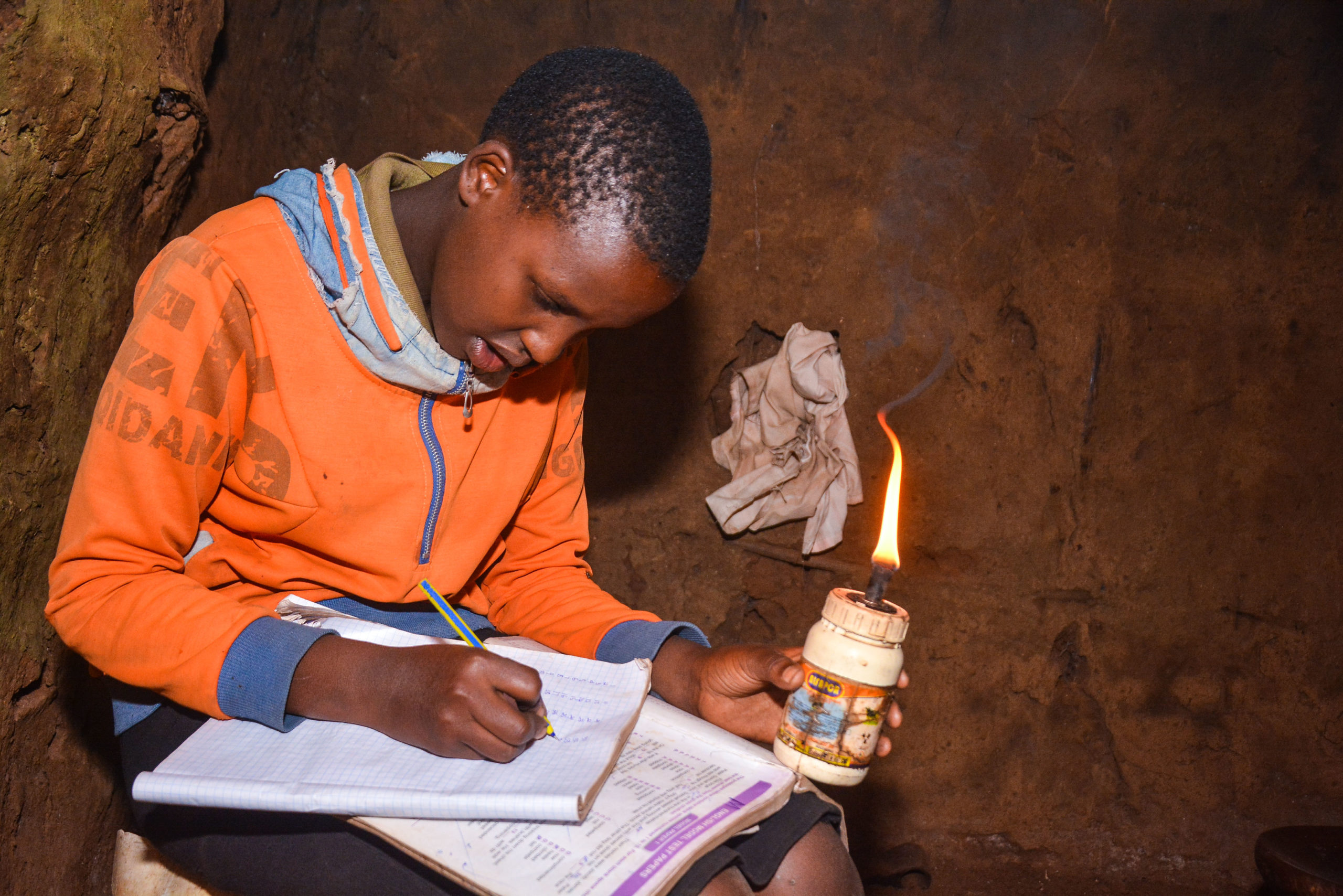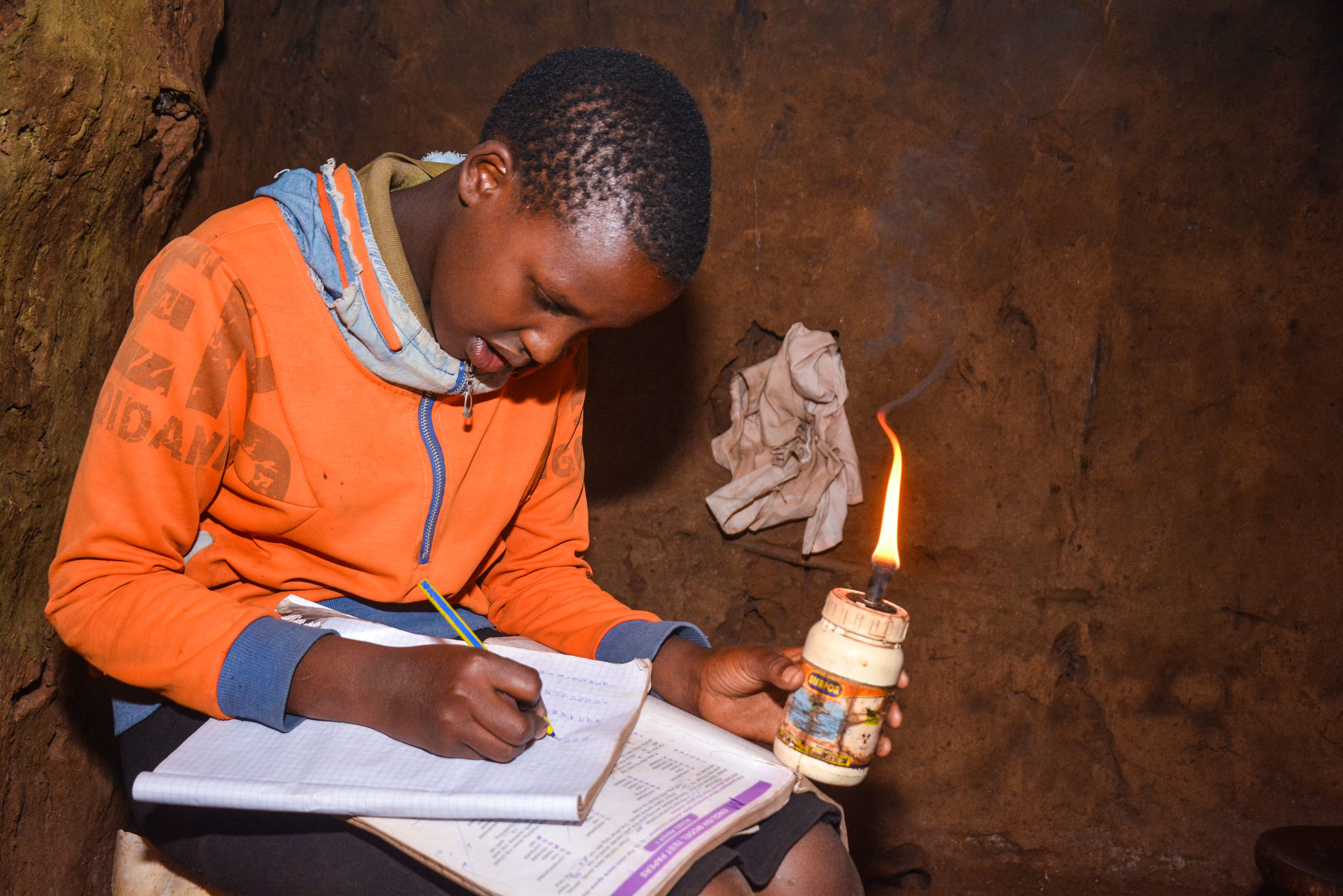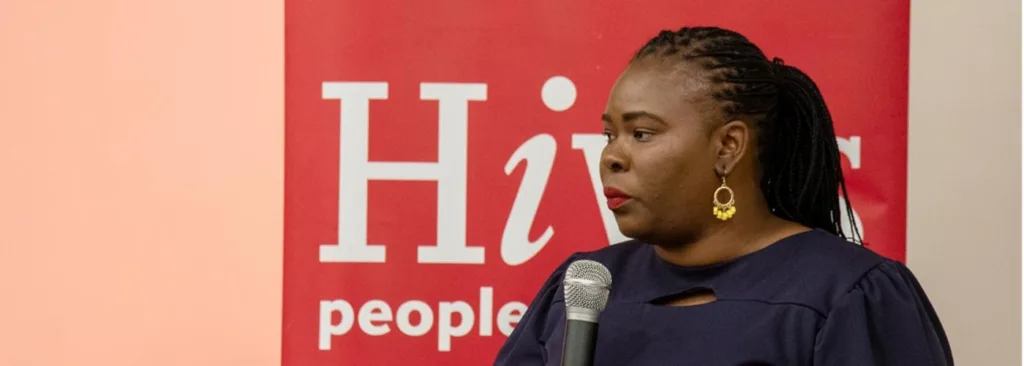Hivos’ Green and Inclusive Energy program (GIE) in partnership with Nukta Africa and Journalists for Environment (JET) are currently running a six-month Renewable Energy Journalism Fellowship (REJF) in Tanzania. This is the second cohort of journalists undergoing the fellowship which is expected to improve the overall quality and quantity of reporting renewable energy news. GIE recognizes the vital role that media – both mainstream and social media could play in advancing our lobby and advocacy work at local and national level. Ultimately, it is envisioned that an increased awareness on existing technologies, policy framework and market development will help spur investments towards cleaner and inclusive energy systems.
Globally, energy is identified as a critical enabler for economic development. It attracts geopolitical, social-economical, technological, environmental and legal interests and therefore, cannot be ignored. The role of media in development has previously been discussed by the World Bank in what is defined as development journalism. These are journalists who use their profession to impart knowledge and skills that contribute to development in their countries cascading to regional progress. The question here then becomes how can journalists shape the renewable energy access sphere if they do not have the basic skills required to do so?

To promote energy access, the media must first be trained and (maybe mentored) to have a broad understanding of the issues that face the sector. This will enable them to be more analytical and self-driven in researching, documenting and reporting these untold stories. Secondly, the media can and should aid consumer intelligence by consuming, digesting and decrypting the technical language and terminology into a ‘lay man language’. Additionally, journalists can be instrumental in making an otherwise perceived global crisis become our personal problem which we must deal with holistically. For example, if well used in activism, journalists could spark green energy investments in high priority areas such as food and water and sanitation or, block the implementation of conventional non-ecofriendly investments as was the case in the proposed 1050 MW Lamu coal-fired power plant project in November 2019. In this case, both social and mainstream media contributed to activists’ voice to amplify the general public outcry. We can credit the media for its role in consistently highlighting issues related to the Lamu coal plant as a contributor to Africa Development Bank (AfDB)’s withdrawing its commitment to fund the project citing environmental and social impact assessment concerns.
Whilst the energy sector continues to evolve and shift from conventional sources of energy to cleaner sustainable resources such as wind, solar and biomass waste, societal awareness on product availability and the diversified uses remain a knowledge gap. Thus, we must deliberately invest in building the capacity of development journalists to understand and relay information on renewable energy technologies and policy measures. Essentially, that requires the use of a streamlined language which evokes care. In the words of renowned Physicist, Albert Einstein, ‘if you can’t explain it to a six year old, you don’t understand it yourself.’ We should therefore empower our media to decode complexity into simplicity that everyone understands and identifies with.




